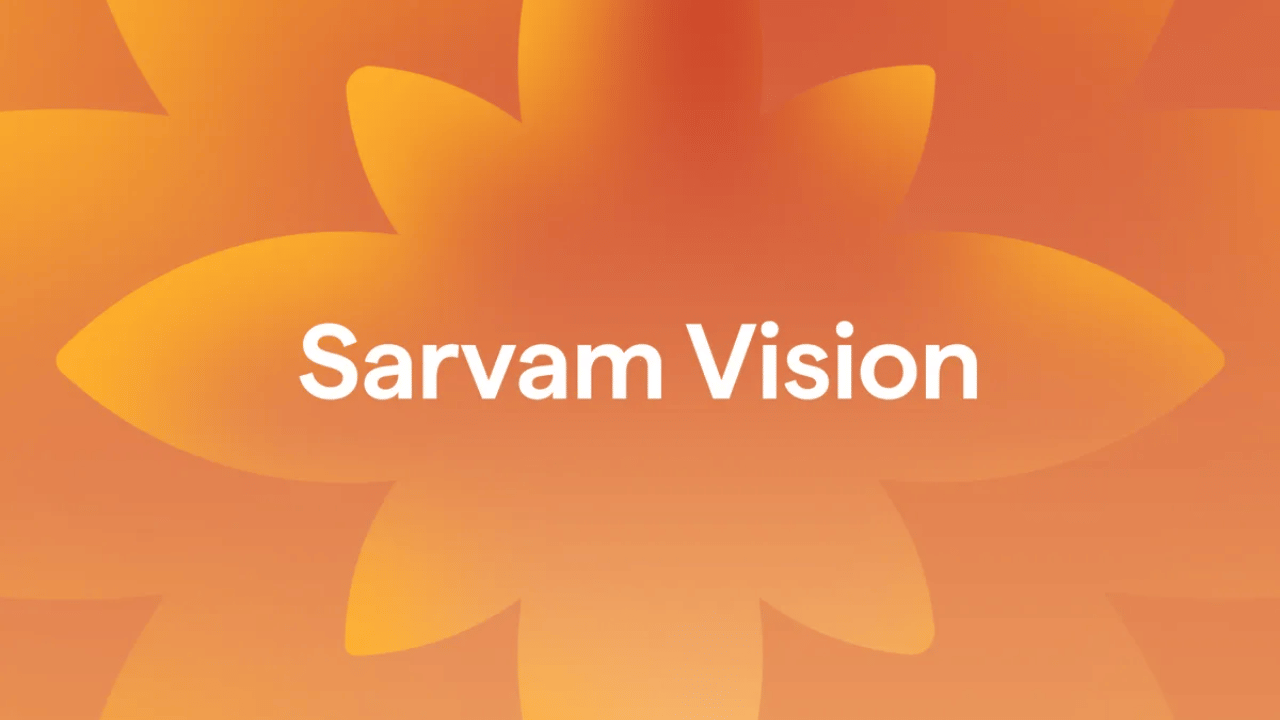Iron Deficiency Unveiled
Iron deficiency anemia is a widespread issue in India, impacting a significant portion of the population. This condition arises when the body lacks sufficient
iron to produce adequate red blood cells, which are crucial for carrying oxygen throughout the body. The primary culprits behind iron deficiency include inadequate dietary intake, particularly of iron-rich foods, and increased iron demands during periods such as pregnancy and adolescence. Additionally, certain medical conditions and poor absorption can worsen the situation. The symptoms can manifest as fatigue, weakness, pale skin, and shortness of breath. To combat iron deficiency, it's essential to incorporate iron-rich foods like leafy green vegetables, lentils, and lean meats into the diet. Consuming these foods alongside vitamin C-rich items, such as citrus fruits, enhances iron absorption. In some cases, iron supplements may be necessary, but these should be taken under the guidance of a healthcare professional. Ensuring an adequate intake of iron through diet and lifestyle adjustments is crucial to overcoming this common deficiency, promoting overall health and vitality.
Calcium Shortage Concerns
Calcium deficiency is another critical concern for many Indians, contributing to various health issues. Calcium is essential for maintaining strong bones and teeth, as well as supporting muscle function, nerve transmission, and blood clotting. A deficiency can lead to an increased risk of osteoporosis, a condition characterized by weakened bones and increased fracture risk. Insufficient calcium intake, often compounded by low vitamin D levels, is a major cause. Vitamin D is vital for calcium absorption, and its deficiency can further exacerbate calcium problems. Many Indians may not consume enough dairy products or other calcium-rich foods. Furthermore, certain lifestyle factors such as smoking, excessive alcohol consumption, and certain medical conditions can worsen calcium absorption and increase calcium loss. To address calcium deficiency, a balanced diet with calcium-rich foods like dairy products, fortified plant-based milk, leafy green vegetables, and fortified foods is vital. Vitamin D supplementation, often recommended by healthcare professionals, can also enhance calcium absorption. Regular exercise, particularly weight-bearing activities, is beneficial for bone health. Addressing calcium deficiency requires a multifaceted approach, encompassing dietary adjustments, lifestyle modifications, and potentially supplementation to safeguard bone health and overall well-being.
Vitamin D Dilemma
Vitamin D deficiency is a major health challenge in India, impacting a significant percentage of the population. Vitamin D plays a crucial role in calcium absorption, bone health, and immune function. The primary cause of this deficiency is limited exposure to sunlight, the primary source of vitamin D. Cultural practices, clothing styles, and indoor lifestyles can hinder sufficient sun exposure. Additionally, dietary sources of vitamin D are limited, and it is not naturally present in many foods. Symptoms of vitamin D deficiency can range from bone pain and muscle weakness to fatigue and increased susceptibility to infections. The long-term effects can include an increased risk of osteoporosis, cardiovascular diseases, and certain cancers. To combat vitamin D deficiency, increasing sun exposure is essential. Aim for 15-20 minutes of sun exposure daily, especially during the early morning or late afternoon. Incorporate vitamin D-rich foods into the diet, such as fatty fish, egg yolks, and fortified foods. Vitamin D supplementation may be necessary to maintain adequate levels, especially during periods of limited sun exposure. Consulting a healthcare professional for a vitamin D level check and personalized recommendations is crucial to proactively manage vitamin D deficiency and promote overall health.




















